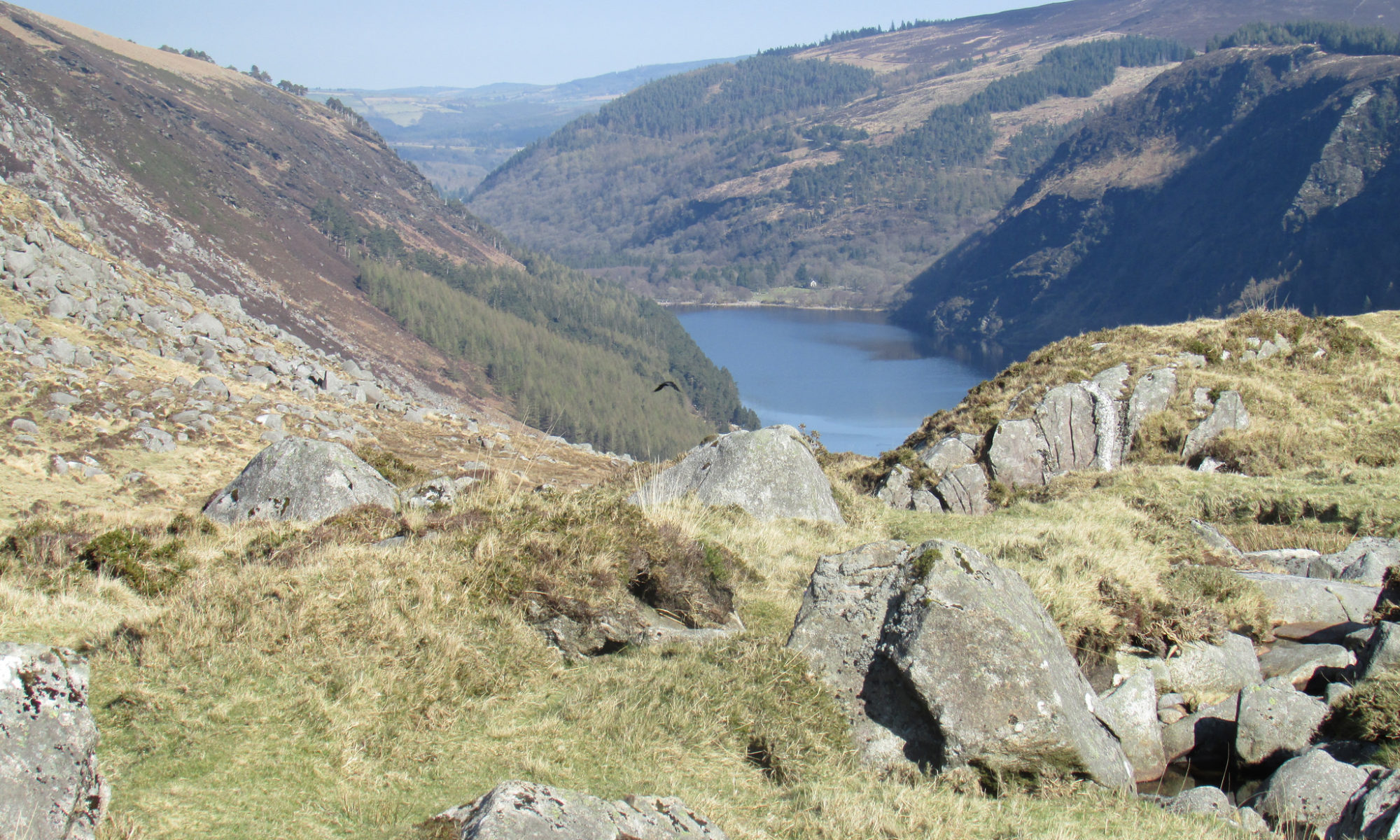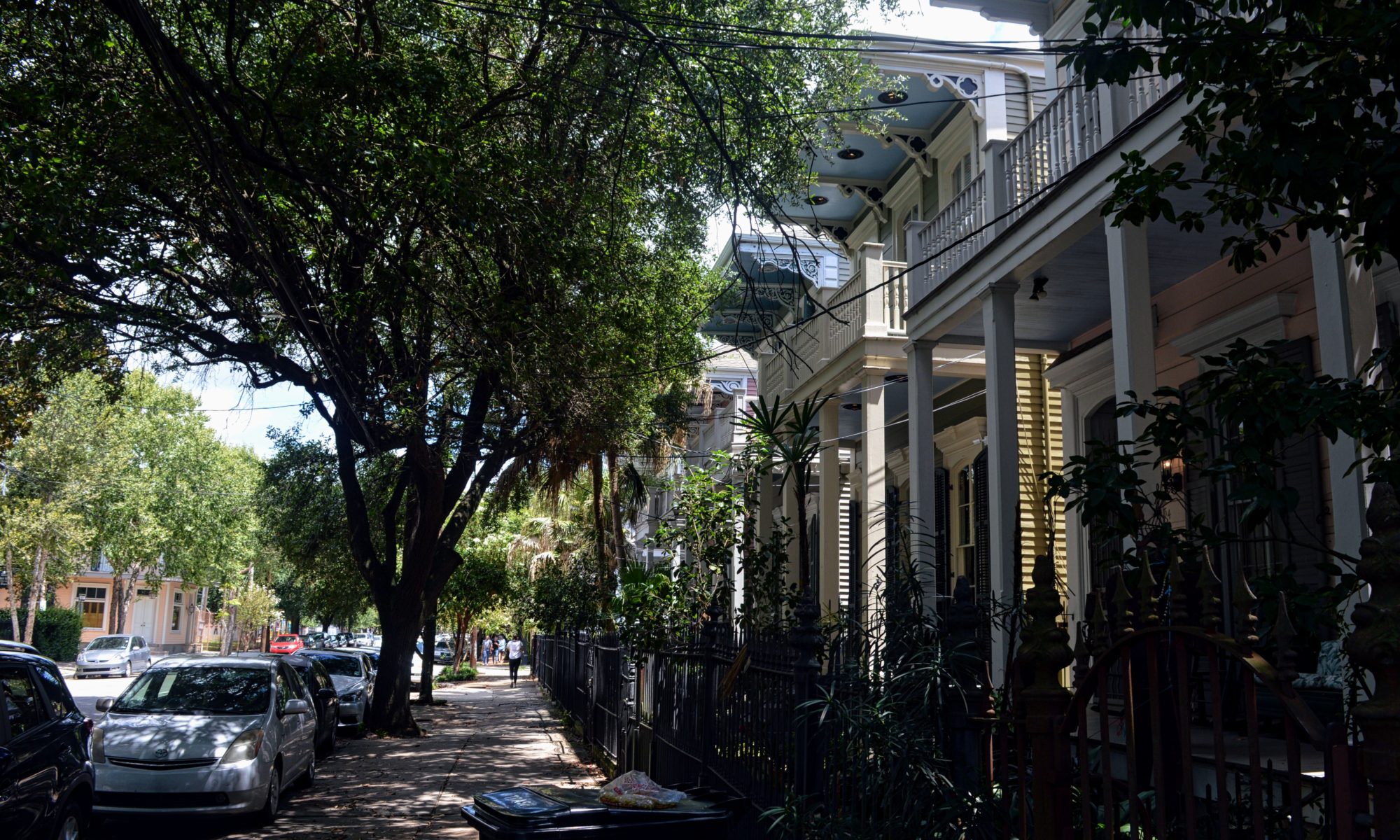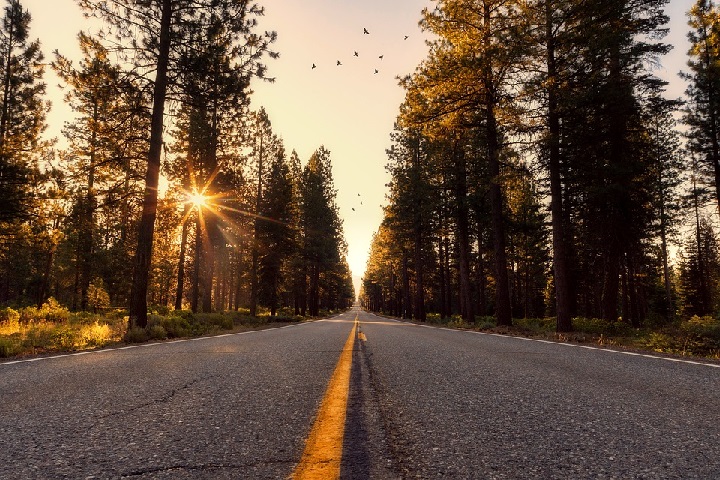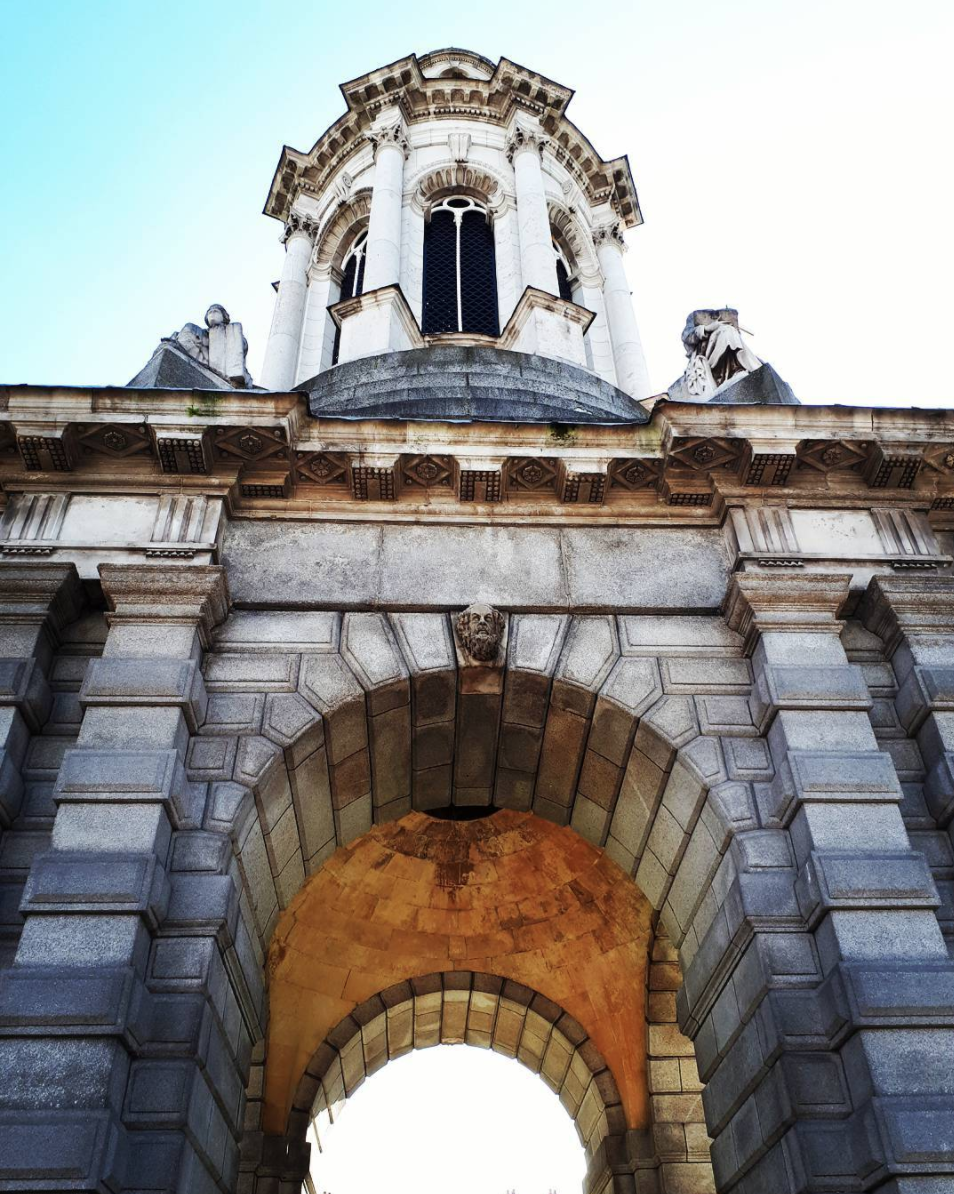Hello and welcome to the start of another academic year at Trinity College Dublin.
You’re on EcoEvo@TCD, the blog of the TCD Zoology and Botany Departments. It was started in 2012 and houses writing from postgraduate and undergraduate students, postdoctoral researchers, and staff of the Departments. Follow this blog for updates on the research carried out here, musings on academia and the wider ecological and evolutionary worlds, and stories on all that’s weird and wonderful in zoology and botany.
My name is Fionn Ó Marcaigh and I’m this year’s Editor, taking the reins after a great year from Sam Ross. In the last year, the blog was made sleek and modern with an update to the latest version of WordPress, and a theme based on Alain Finn’s photo of an Alpine Salamander. We’ll be holding the competition for a new theme photo in the coming weeks, so stay tuned if you want to make your photo the new face of EcoEvo@TCD! We had lots of participation, which we’re hoping to keep up for the next year.
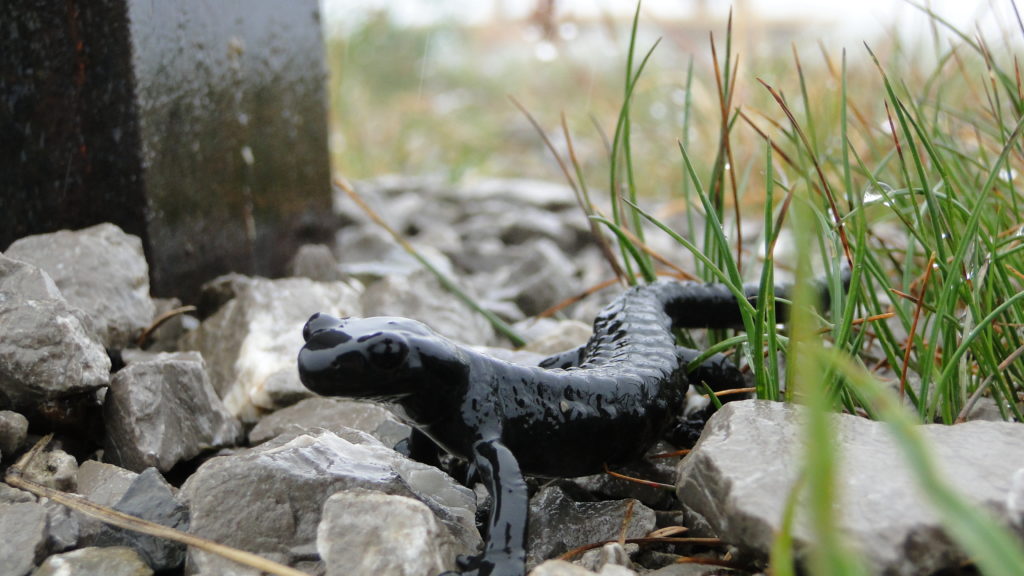
I’ve studied here in Trinity for five years (so far!), graduating from Zoology in 2016 and starting a PhD in 2017. I’ve seen how many interesting stories there are to tell here, and I’m looking forward to helping to bring them to you through this blog. Everyone here is passionate about their science, and everyone has something to say about research, the natural world, or something related that interests them personally.
You can follow us here on WordPress or on the Eco Evo Twitter feed, so however you do it we hope you enjoy the blog in the coming year.
Yours,
Fionn
______________
About the Author
Fionn Ó Marcaigh is a PhD student in Nicola Marples’s research group in the Department of Zoology, Trinity College Dublin. Supported by the Irish Research Council, he is using birds on Indonesian islands to study evolution, biogeography, and speciation. Find out more here:
Website | TCD Zoology Profile
Twitter | @Scaladoir
Research Gate | Profile
LinkedIn | Profile

